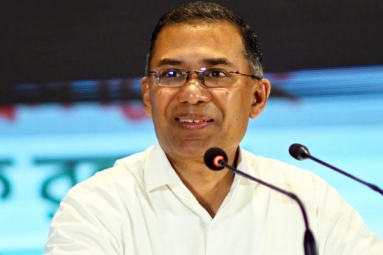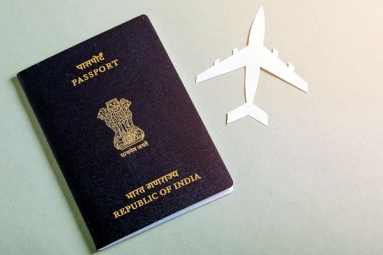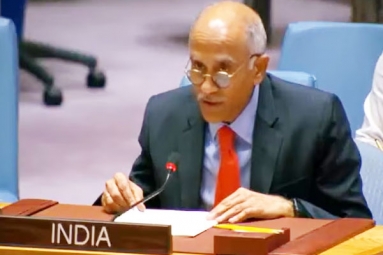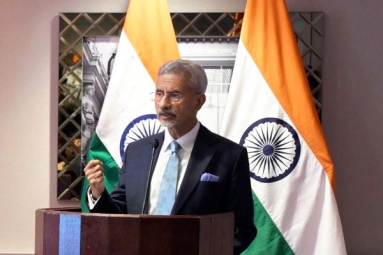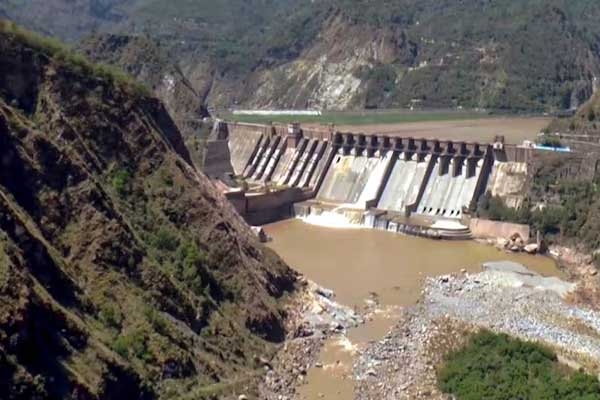
(Image source from: Moneycontrol.com)
In response to the Pahalgam terror attack, India made the decision to halt the flow of water through the Baglihar dam on the Chenab river, suspending the Indus Water Treaty. Reports indicate that the Indian government may take similar actions concerning the Kishanganga Dam located near Bandipore. This action is expected to be temporary since the Baglihar dam, constructed in accordance with the Indus Waters Treaty, has a restricted water storage capacity, necessitating the release of water once it reaches its limit. However, amidst the backdrop of rising tensions following the attack, this action serves as a clear warning to Islamabad. The Chenab, which hosts the Baglihar dam, is categorized as a "western river," granting Pakistan rights to its unrestricted utilization according to the treaty. Conversely, India’s usage of the water from these rivers is limited to agricultural purposes, hydroelectric power generation, or other non-consumptive means.
The Baglihar project, located in Ramban district of Jammu and Kashmir, is a run-of-the-river hydroelectric project, meaning it has minimal or no water storage capabilities. It currently produces 900 MW of hydroelectric power. The first phase of this project was finalized in 2008, followed by the second phase in 2015. Similarly, the Kishanganga project, also run-of-the-river, is situated on the Kishanganga River in Gurez, close to the Line of Control, and has a generating capacity of 330 MW. Pakistan has raised concerns about both projects, claiming that their designs infringe upon the provisions of the water treaty, asserting that the specifications of the Baglihar dam would afford India a tactical advantage in times of conflict.
After numerous discussions failed to resolve the issues regarding the Baglihar dam, Pakistan brought its concerns to the attention of the World Bank, a party to the Indus Waters Treaty. An expert appointed by the World Bank agreed with some of Pakistan’s grievances but dismissed its fears related to the dam’s height and the controlled release mechanism of the spillway. Similar objections concerning the Kishanganga project were made by Pakistan, which stated that India was prohibited from rerouting water between tributaries. This led Islamabad to approach the World Bank, resulting in a ruling from a Court of Arbitration that favored New Delhi.
India's current suspension of water flow is temporary, as the Baglihar dam can only store water up to a certain level. Once that level is reached, India is obligated to release the water. Any lengthening of this suspension would require raising the dam's height, a process that cannot be achieved quickly. Pakistan has previously cautioned that if India were to implement any water stoppage, it would be deemed an act of war, with threats to annul all bilateral agreements, including the Simla Agreement that recognizes the Line of Control.
Recent relations between the two nations have significantly deteriorated following the brutal terror attack in Pahalgam, which claimed the lives of 25 tourists and a local Kashmiri resident. Prime Minister Narendra Modi emphasized there is "grief and rage" felt throughout the nation, from "Kargil to Kanyakumari.”
"This assault was aimed not only at harmless visitors; the nation's adversaries have demonstrated the boldness to assault the very essence of India," the Prime Minister stated, further asserting that the perpetrators of the attack, as well as those who orchestrated it, would face consequences beyond their wildest imagination. The inquiry into this distressing act of terrorism has indicated Pakistan's involvement, a nation that has previously supported various terrorist actions against India.



